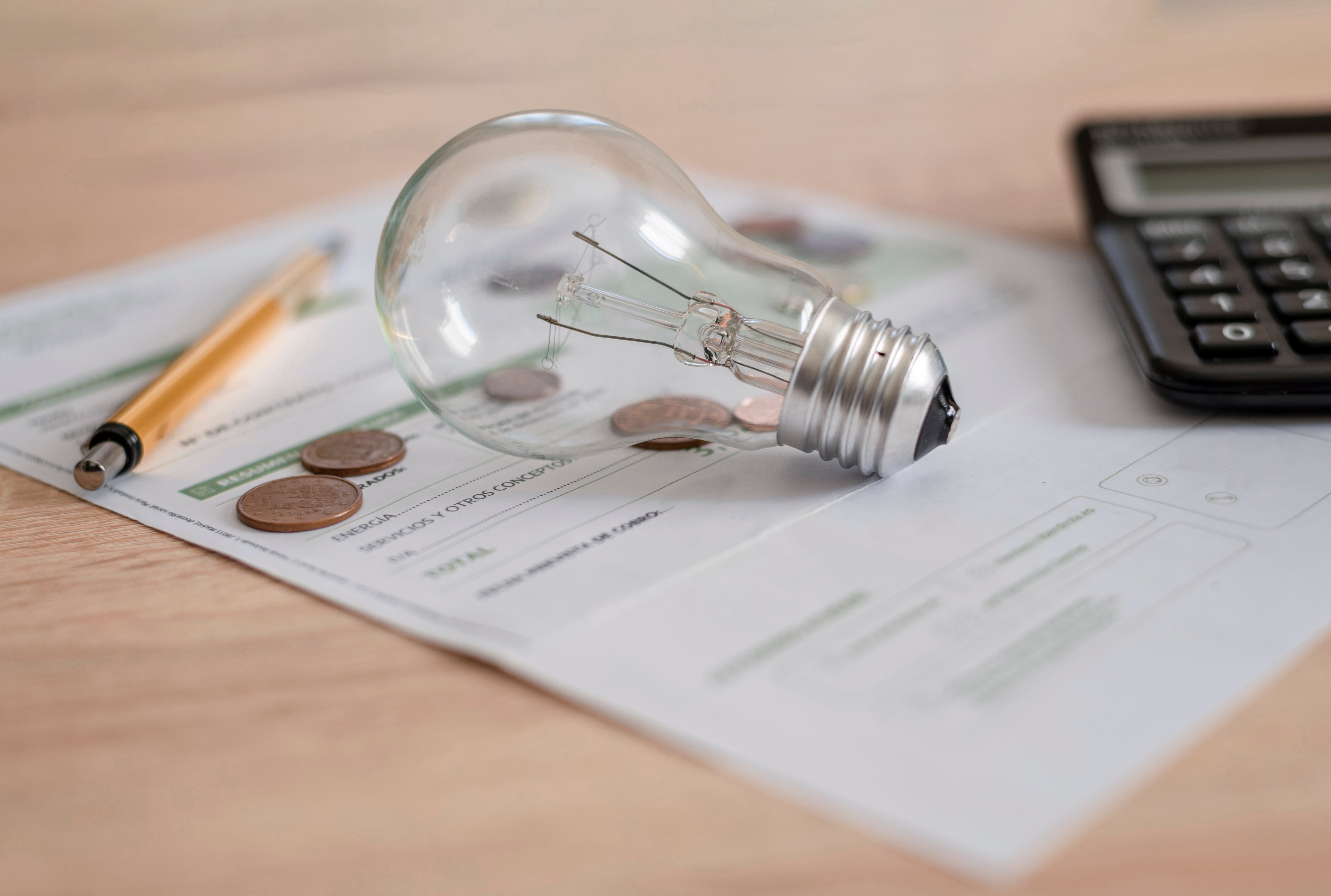What is a base charge for electricity? A base charge for electricity is a flat fee included in your electricity costs charged by your retail electricity provider (REP), and is applied to each billing cycle regardless of how much electricity you use. This fee covers essential administrative costs associated with maintaining your account and ensuring that customer support is accessible. It's an important part of the billing structure set by your REP, which facilitates customer management and billing operations.
Moreover, it's important to note that base charges are different from Transmission and Distribution Utilities (TDU) delivery charges. While the base charge covers administrative services provided by your retail electricity provider REP, TDU charges relate to the maintenance and operation of the physical infrastructure—like power lines and transformers—that deliver electricity to your home. These charges are managed by Transmission and Distribution Utilities to ensure that the electricity delivery system is reliable and well-maintained, appearing separately on your bill.
{{CTA-Plans}}
Why Base Charges?
What They Cover
Base charges are essentially the foundation of the average electric bill in Texas, designed to cover the operational costs that remain constant, regardless of electricity usage. This includes expenses like customer support, which ensures you can get help whenever you need it, and system maintenance, which keeps the service running smoothly. These fees also support the administrative side of services, such as billing and account management, which are critical for both the provider's and the consumer's financial planning.
The Role of Base Charges
The rationale behind base charges extends beyond just covering costs; it's about ensuring the provider can sustain operations regardless of individual consumption patterns. This financial stability is crucial, particularly in supporting ongoing maintenance and enhancements to the electrical grid, which might otherwise require significant rate increases following fluctuating usage or unforeseen events.
How Are Base Charges Calculated?
Unlike usage charges that vary with the amount of electricity consumed, the base charge is a set fee that appears on your bill each month. This structure is beneficial as it provides predictability in part of your electricity costs, allowing you to better manage your household budget. Whether your home is full of energy-saving LEDs or you're powering high-consumption devices, the base charge for electricity remains steady, providing a consistent billing component that is easy to anticipate.
The Impact of Base Charges on Your Bill
Understanding the role of base charges in your overall electricity costs is crucial for effective budget management. Consider this scenario: if your base charge is $20 and your usage charges amount to $30, the total comes to $50. This means that the base charge accounts for a significant 40% of the total bill. Especially for those who consume less electricity, the base charge can form a major portion of monthly expenses. It's important to realize that even in months of low electricity usage, this fixed cost remains unchanged, which could influence your budgeting decisions if you're aiming to reduce overall electricity expenditure.
Plan Comparison: With or Without Base Charges
Pros and Cons
Electricity plans are structured differently to meet diverse consumer needs. Electricity plans without base charges typically compensate with higher rates for electricity usage. This arrangement might favor high-electricity consumers, potentially lowering their overall costs by offsetting the lack of a base charge with the volume of electricity used. On the other hand, for consumers with lower electricity needs, opting for a plan that includes a base charge but offers lower usage rates could be more cost-effective. This structure provides predictability in costs, which can be particularly advantageous for budgeting purposes.
Considerations for Consumers
When trying to choose the right electricity plan for your home, it’s vital to carefully assess your typical electricity consumption. Understanding the specifics of each plan’s fee structure—how base charges and usage rates are applied—is key. Reviewing past electricity bills can offer insights into your consumption patterns, helping you predict which plan structure might be most economical based on your actual usage. Consider not just the financial aspect but also how each plan fits your lifestyle and energy habits. This approach ensures that you choose a plan that not only saves money but also aligns with your electricity consumption behavior.
Choosing the Right Plan
Tips for Minimizing Costs
Analyze Your Usage: To select the most suitable electricity plan, start by examining your historical usage patterns. If your data shows that your consumption is consistently low, consider a plan with a lower base charge. This approach can lead to significant savings over time, as you're not paying a higher fee for electricity you do not use.
Seasonal Considerations: Electricity needs can vary with the seasons—higher in summer with air conditioning, lower in winter if you use gas heating, etc. Opt for a plan that offers cost flexibility, adjusting to different usage levels throughout the year without penalizing you during lower usage months.
Promotions and Discounts: Keep an eye out for special offers. Some plans might waive the base charge if your usage reaches a certain threshold or offer discounted rates during off-peak hours. Such features can reduce your overall electricity costs, especially if your consumption is variable.
Conclusion: Making Informed Choices
Understanding electricity base charges is crucial for more than just budget management—it’s about strategically controlling your electricity expenses. At Gexa Energy, we pride ourselves on offering a variety of plans designed to meet diverse customer needs and usage levels. Each plan is transparently detailed, helping you make the best choice for your household. We encourage you to learn how to choose an electricity plan and find one that aligns perfectly with both your electricity consumption habits and your financial objectives.
By becoming savvy about the nuances of billing, such as base charges, you equip yourself for smarter, more economical electricity use.






































